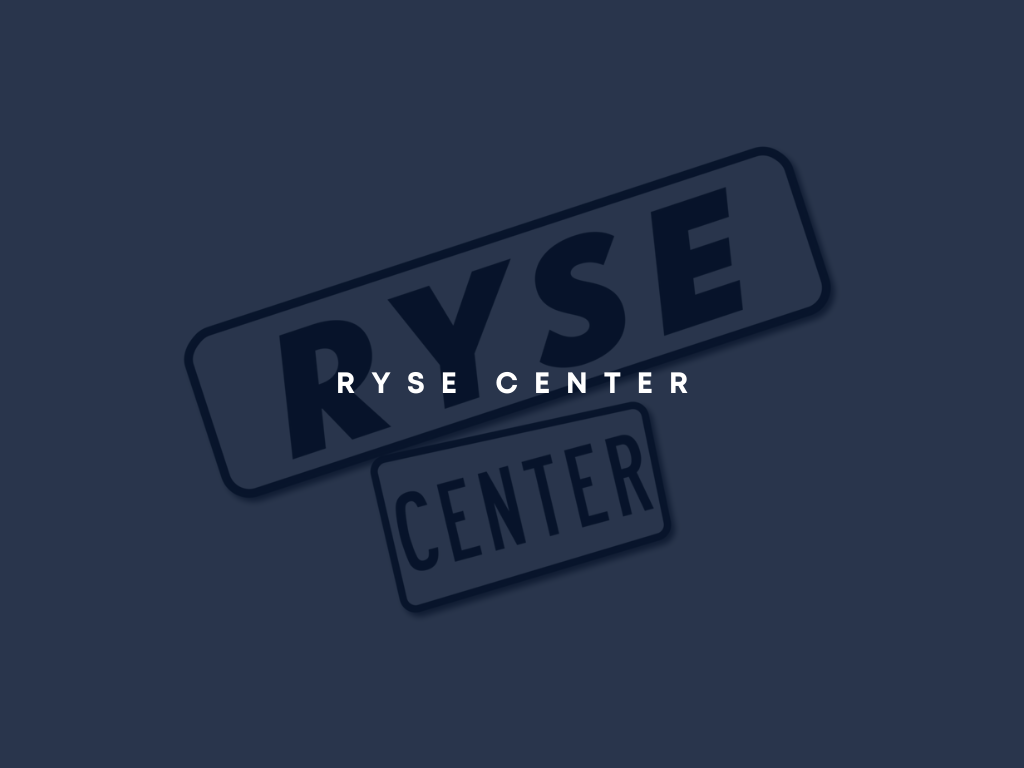Countdown to 2021 - Week of Dec 28th
#BEYONDTHEMOMENT: SDOH Countdown to 2021
We’re counting down to the new year by featuring how grassroots organizations use community-led and community-centered approaches to address the Social Determinants of Health (SDOH). As we count down, the Praxis Project is calling on everyone to give #BeyondTheMoment and donate to the amazing organizations that have continued to work tirelessly on the frontlines to address Social Determinants of Health (SDOH), support their communities, and forge the path towards justice.
Just Legal System - december 28, 2020
Working towards a truly just legal system requires a recognition of the ways racism (particularly anti-Blackness), capitalism, and cisheteropatriarchy are deeply embedded in the historical and continued violence of the criminal legal system. This system not only frequently fails to provide true accountability and justice for Black and Brown, undocumented, LGBTQ+, and low-income folks, but is often an active site of harm for these community members.
Organizers are calling for the divestment and redistribution of funds from law enforcement towards counseling, mental health services, and other community programs instead. Basebuilding organizers are providing education and advocacy for youth at disciplinary and youth court hearings, and community members are serving on local Police Reform Coalitions. Organizers are ultimately working towards accountability and divestment from a presently unjust system.
Community Safety - december 29, 2020
Community safety requires a sense of collective accountability, non-punitive and non-carceral means to prevent and address violence/harm when it occurs, as well as approaches to healing trauma that may already exist within the community. With the understanding that many criminalized behaviors and actions that may harm a community’s sense of safety are rooted in lack of access to critical resources, cultivating community safety necessarily requires the promotion of life-affirming conditions for all such as access to food and water, housing, healthcare, education, and social support.
Many basebuilding organizers are working towards creating truly safe communities by working towards transforming the social conditions that create harm and violence as well as creating non-punitive methods of accountability to repair harm. They are calling to end zero tolerance policies and remove cops from schools, fighting displacement, developing programs for political education, and advocating for mental health resources. They are also advancing community safety by centering healing and inclusion through fostering gender inclusive spaces, holding healing circles, and much more.
Civic Participation - december 30, 2020
Civic participation refers to the wide variety of engagement in communities and public life by individuals and collectives of people or organizations to address issues of public concern and improve conditions. Civic participation increases the opportunity for transformative community changes to improve conditions around factors that influence health and well-being for all such as housing, food, clean air and water, and more.
Civic participation is core to the work of basebuilding organizers and many engage in civic participation through legislative advocacy, direct action, and get out the vote initiatives. Their work reframes civic participation in their communities to include grassroots organizing and institutions throughout the year, and not just approaching election day. Furthermore, they are constantly laying the foundations, building trust, educating and raising awareness, establishing authentic relationships, and mobilizing in order to effectively facilitate various forms of civic participation for their community members.
Migrant Justice - december 31, 2020
Migrant justice refers to an immigrant climate that is equitable. The immigration climate describes the structures, policies, and attitudes impacting immigrant populations when they arrive, as well as the social, political, and environmental push and pull factors that drive migration. Immigrants face the challenges of adapting to life in a new county whose laws and policies can hinder equitable access to health. Policies can influence equitable access to health through direct control of access to health services (health insurance) and indirect pathways to health involving educational attainment, employment, income, housing, and food.
Community organizations are fighting to secure protections for Temporary H-2A and H-2Bc agricultural workers, advocating to decrease local police-Immigration and Customs Enforcement (ICE) collaboration, and calling for the abolition of ICE to Keep Families Together. In addition, organizations are advocating for the establishment of sanctuary cities and schools, tuition equity for youth of various immigration statuses, and challenging asylum policies that require waiting at the border.














